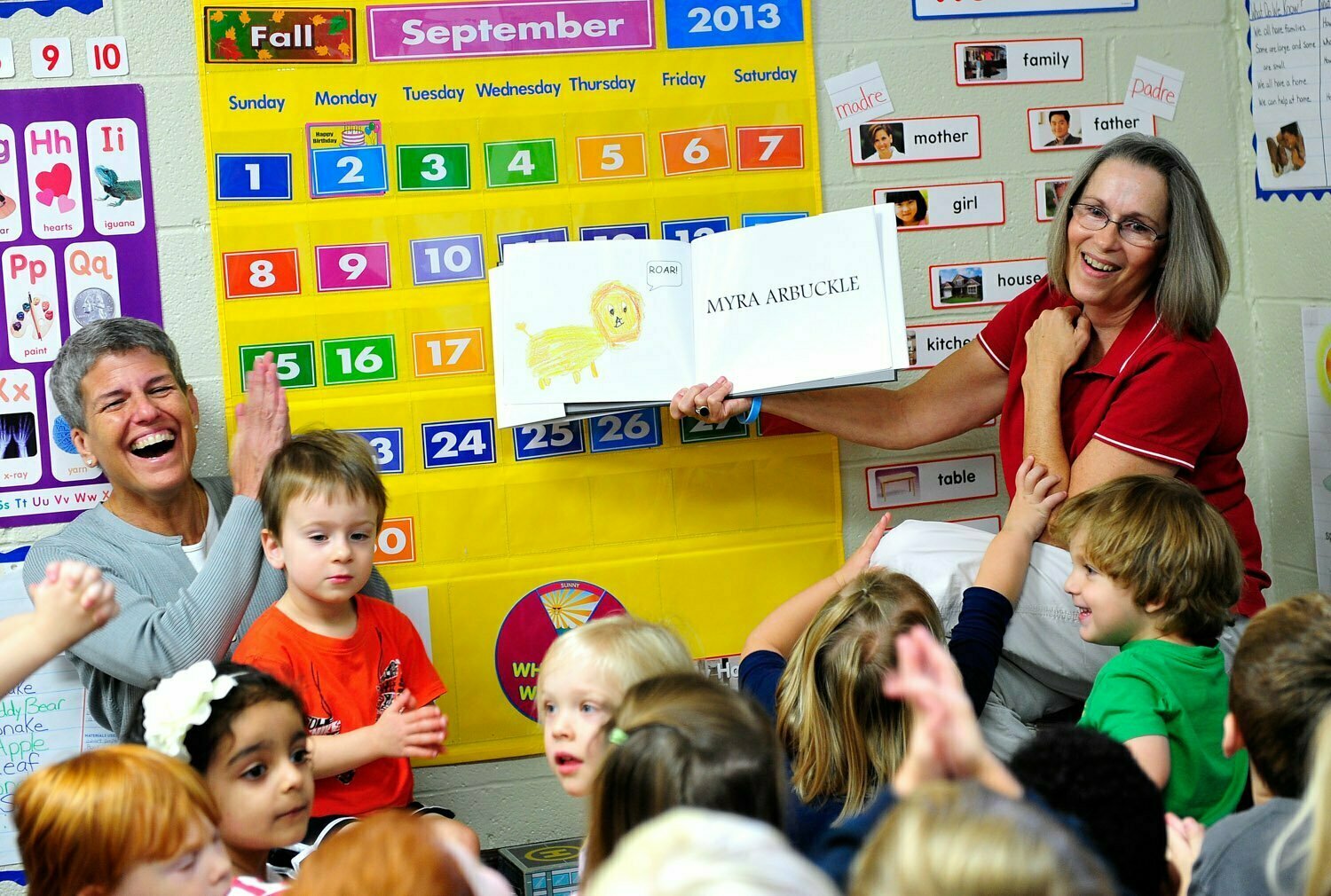This story is a part of an EdSurge Research series about how educators change their practices to reach all learners. “How do you judge someone on one horrific act that they do and what ought to be the parameters?” This ethical query fashioned the middle of a thoughtful, deep discussion about an electronic mail from the faculty management asking teachers to tell students not to “like” a YouTube video published through a comic accused of creating anti-Semitic statements.
“The kids had been so considerate in what they said,” reflects Rana Hafiz, the veteran math teacher and former administrator who took time to interact with her students on this moral dialogue. “I might hate to consider handiest their mathematical capability, whether they could solve a trig problem or now not,” she adds.

The communique became meaningful and efficient, but unluckily, the administration on the Connecticut middle school where Hafiz presently teaches hadn’t, in reality, asked her to facilitate it. Nor had they carved out time for her to accomplish that. Instead, Hafiz made an impromptu decision to interact with students in discussion after relaying the management’s situation about college students’ YouTube conduct and noticing that her college students have been hungry to discover the problem similarly.
Hafiz has been considering what it means to educate the entire infant for decades. Her middle faculty has an assignment that reflects many values associated with serving the entire learner, including worldwide citizenship, social duty, collaboration, and emotional properly-being. Hafiz’s faculty even has a proper partnership with Yale’s Center for Emotional Intelligence thru which teachers participate in expert development workshops.
But for Hafiz, these efforts aren’t sufficient. Though her school’s project assertion articulates a focal point on values, she cares about, and her district claims enthusiasm about whole child training, something is getting lost in translation. The words haven’t brought about a change in instructional technique or the values and consequences that her faculty community prioritizes. “It doesn’t surely impact the work that we do in the schoolroom,” Hafiz explains. Her school still has a sturdy subculture of educational grading, and households have high expectations around instructional consequences. As a result, even though entire child schooling is provided as a middle detail, fulfillment is still defined and communicated to students and households as broadly speaking educational.
In a network that views gaining attractiveness to an elite college because the maximum essential marker of fulfillment, Hafiz explains that maximum educators can’t carve out time to have discussions like those she had with college students. According to Hafiz, serving the complete baby manner “supporting students in really thinking about the arena as an entire,” and figuring out how they can contribute to it. In her view, placing students as much as they prevail academically is the handiest one size of whole baby education.
For her, a real inclusion of entire baby schooling might involve reimagining how the faculty defines and communicates pupil fulfillment. But she teaches in a device where parental expectation and community norms see academic fulfillment because of the remaining purpose of instruction. Serving the whole infant is visible as a secondary objective without a clear and direct courting to scholar fulfillment. It’s nice to have. This distinction between how Hafiz is aware of the time period “complete baby training” and how her faculty currently implements programming round serving the whole learner has led Hafiz to sense unsupported in her teaching exercise.
She isn’t by me.
Over the closing year, EdSurge Research has been operating on an assignment to recognize how educators are shifting practice to attain all rookies. For this assignment, we convened and facilitated Teaching and Learning Circles—nearby educator gatherings—in 22 towns across the country; published 60 testimonies of converting exercise by using each practitioner and reporters, and surveyed and interviewed hundreds of educators about their revel in. (Learn extra about this EdSurge Research venture.)
Across all of these activities, we observed many educators who shared Hafiz’s understanding of entire toddler schooling. But we also observed educators who had one-of-a-kind perspectives. While educators noticed complete infant as important, there was a full-size version of how they described it.
A Range of Definitions for the Term “Whole Child Education”
From fall 2018 through spring 2019, EdSurge Research performed a survey of 115 educators who registered for Teaching and Learning Circles in places across the united states of America. Educators universally told us that entire infant education changed into essential and relevant to their work. It’s no wonder that the respondents—all of whom who had voluntarily registered for an occasion approximately whole toddler training—all decided on “crucial” over “unimportant” and “relevant to my work” over “beside the point to my paintings” while asked which phrase or phrase better defined their view of entire child schooling.
What was greater unexpected but turned into the truth that those educators had one-of-a-kind interpretations of entire child education. For some, serving the entire infant becomes about a specific form of coaching or getting to know the outcome. For others, it was approximately creating environments conducive to getting to know.







